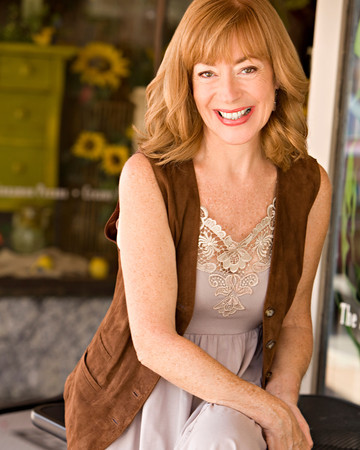I love sardines. I
grew up eating sardines, particularly the tinned variety, and loved them. "Sardines on Toast" was a family
favourite. The tins didn't have a
ring-pull like they do now; they had a key and when you wound the key, the
metal lid gradually wrapped around itself to open the can and reveal those
little silver fish. We'd put them in a
shallow china bowl, mash them up with Heinz Salad Cream, and spread them on
toast which we'd pop back under the oven grill and toast until bubbling. I still eat sardines on toast now though I
use mayo if I can't find Salad Cream at the store, and add a teaspoonful of
sweet relish to spice it up. I even introduced
my American family to the joys of the dish and they enjoy them to this day!
It's a very good thing I love sardines because there were
times when I lived in Tripoli
back in the mid-80s that sardines were all we could find to eat. In early letters from Libya, I tell
my family and friends:
"There is nothing to buy here except food, and there is
very little food to buy. Sardines are
usually available in tins (tuna-fish too, I'm told, though I haven't seen any
yet). We can't have sardines on toast
though because while we can buy bread, we can't make toast as there are no such
things as toasters or grills in Tripoli."
A few months later, I share that we (the secretaries) heard a
rumor that a little shop on the other side of town had large quantities of sardines
so we arranged for Musbah, the AGIP company driver, to take us there after
work. The shopkeeper did indeed have
sardines...cases of them just arrived from Russia. Most cases had already gone but there were a
couple left. However, the Libyan shopkeeper
tried to explain with gestures that these were rotten sardines and only fit for
animals. We bought them anyway. But once opened, we realized he was
right. There was something peculiar
about the color and smell. I tried them
out on my cat but even he, a scruffy alley cat of questionable parentage with no palate that ate almost anything,
wouldn't touch them. We had to throw
them away.
By the end of my time in north Africa, I'd come to loathe
them. In one letter, I say, "If I
ever see another sardine, I shall spit in its eye." And in another, "If I ever utter the
word 'sardine' out loud in a public place, you must shoot me, right there and
then."
So here I am in Austin, Texas, playing Mrs. Clackett in
Austin Playhouse's production of NOISES OFF in which almost my every other word
is "sardine" -- "I've got a nice plate of sardines to put my
feet up with," and "Now I've lost the sardines..." and
"Sardines here, sardines there."
I stuff sardines down the front of my fellow actress's dress, she stuffs
them down mine. I have them thrown in my
hair, my colleagues slip up on piles of them. Six
plates of sardines make their way around the stage...or is it seven?!
Everything comes full circle, doesn't it? I loved sardines, I hated them, I love them
again. And now I get to play with them for
all the world to see. Goodness, is that the time? If you'll excuse
me, I'm going to run lines with a nice cup of tea and a pre-rehearsal bite to
eat. As Mrs. Clackett would say,
"Sardines, sardines...can't put your feet up on an empty stomach, can
you?"
NOISES OFF opens on Friday 26 April 2013 at Austin Playhouse in our temporary home
at Highland Mall. For details, please go to www.austinplayhouse.com
 | |
| Sardines on Wholemeal Bread...almost as good as Sardines on Toast |

